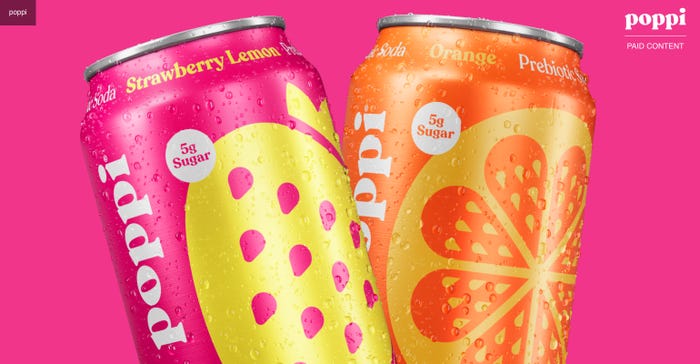
On April 16, sports supplement company USPlabs finally agreed to remove controversial stimulant DMAA (1,3-dimethylamylamine) from its top-selling Jack3d pre-workout products and OxyElite Pro weight-loss supplements. The last of 10 DMAA-related warning letter recipients to capitulate to FDA’s reformulate order, USPlabs has long been in the crosshairs as the poster-child of this suspect ingredient. DMAA has a history of use in pharmaceuticals and is associated with the high-profile deaths of two U.S. soldiers and a U.K. runner, and is banned by countries and major sports organizations around the globe.
“USPlabs stands by the safety and legality of its products containing the dietary ingredient 1,3-DMAA. We disagree with FDA’s position. … The company has nevertheless concluded for business reasons to phase out products containing 1,3-DMAA,” the company said in a statement.
One year ago, FDA sent warning letters to 10 manufacturers and marketers of supplement products containing DMAA—including USPlabs—insisting that the stimulant was unsafe and illegal. All companies agreed to reformulate save for USPlabs, which challenged FDA’s position by sending in its own safety and analytical data.
FDA, however, has remained immovable. Last week, on April 11, the agency sent out a consumer warning not to buy DMAA-containing products, arguing that “it can elevate blood pressure and could lead to cardiovascular problems, including heart attack, shortness of breath and tightening of the chest."
Debate now irrelevant
“CRN's position is that the conclusion has been drawn," said Duffy MacKay, vice president of scientific and regulatory affairs for the Council for Responsible Nutrition. “The parts of the conversation where there's still debate have become irrelevant now because FDA has spoken and the manufacturers have agreed that it should disappear.”
Those outstanding areas of debate include safety and whether or not DMAA is a natural ingredient that can be found in geranium. DMAA has 11 published, peer-reviewed safety and analytical studies to its name—more than most dietary supplement ingredients, USPlabs has argued. The only trouble is that FDA has decided that DMAA is a synthetic and not a dietary ingredient.
For a long time, the only published link between DMAA and geranium was a Chinese study (Ping, et al.) that is often discredited by the research community. Then, in August 2012, Analytical Chemistry Insights published an Intertek/Cantox study funded by USPlabs that “confirmed the presence of 1,3 DMAA … in the plant tissue and essential oil” of geranium plants. But a previously published article from University of Texas, Arlington chemist Dan Armstrong argued that the DMAA found in supplements had a different chemical structure than what can be naturally found in plants. The Intertek/Cantox study argued that the DMAA in geranium was an exception to this rule.
In the end, however, FDA seems to have sided with Armstrong, and with USPlabs’ acquiescence, the agency has made DMAA a de minimis health threat. Though some might still be prepared to defend DMAA, most in the supplement industry would call this a win.
Now on to the next illegal workout stimulant...
For more information on DMAA’s checkered history, visit the newhope360 DMAA topic page.
About the Author
You May Also Like




